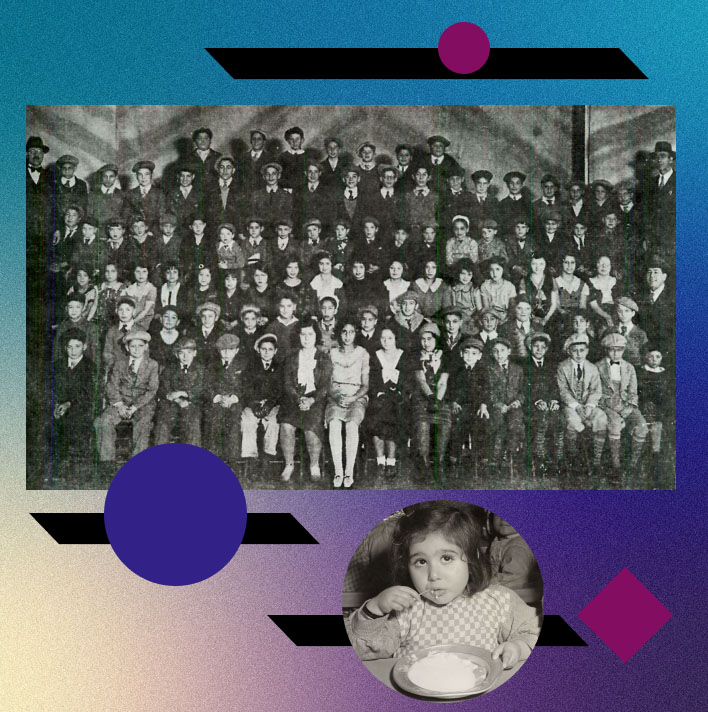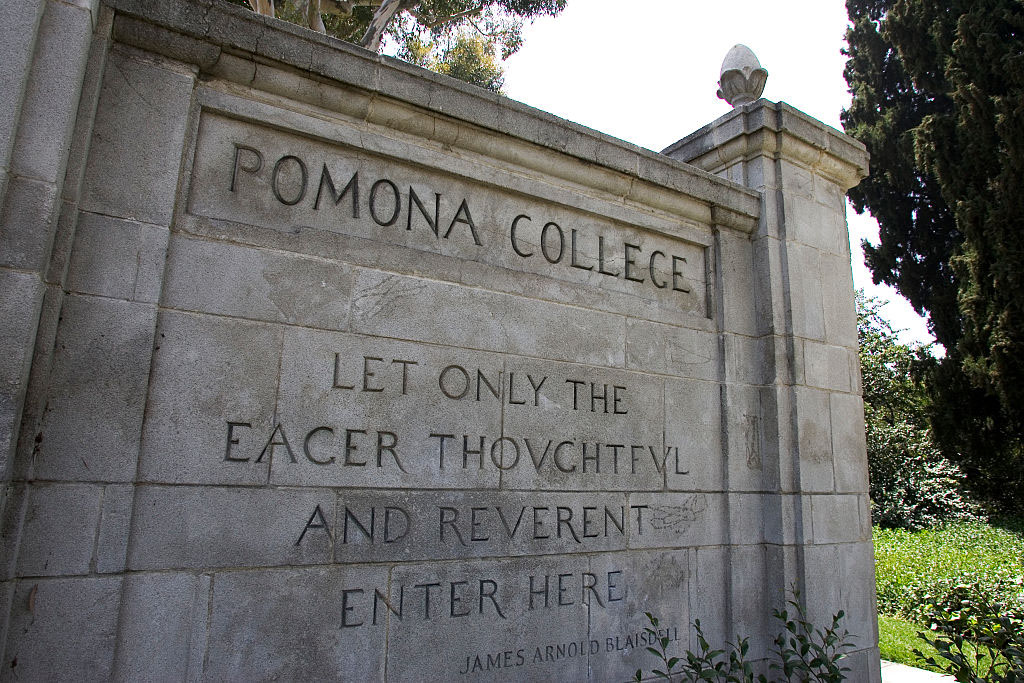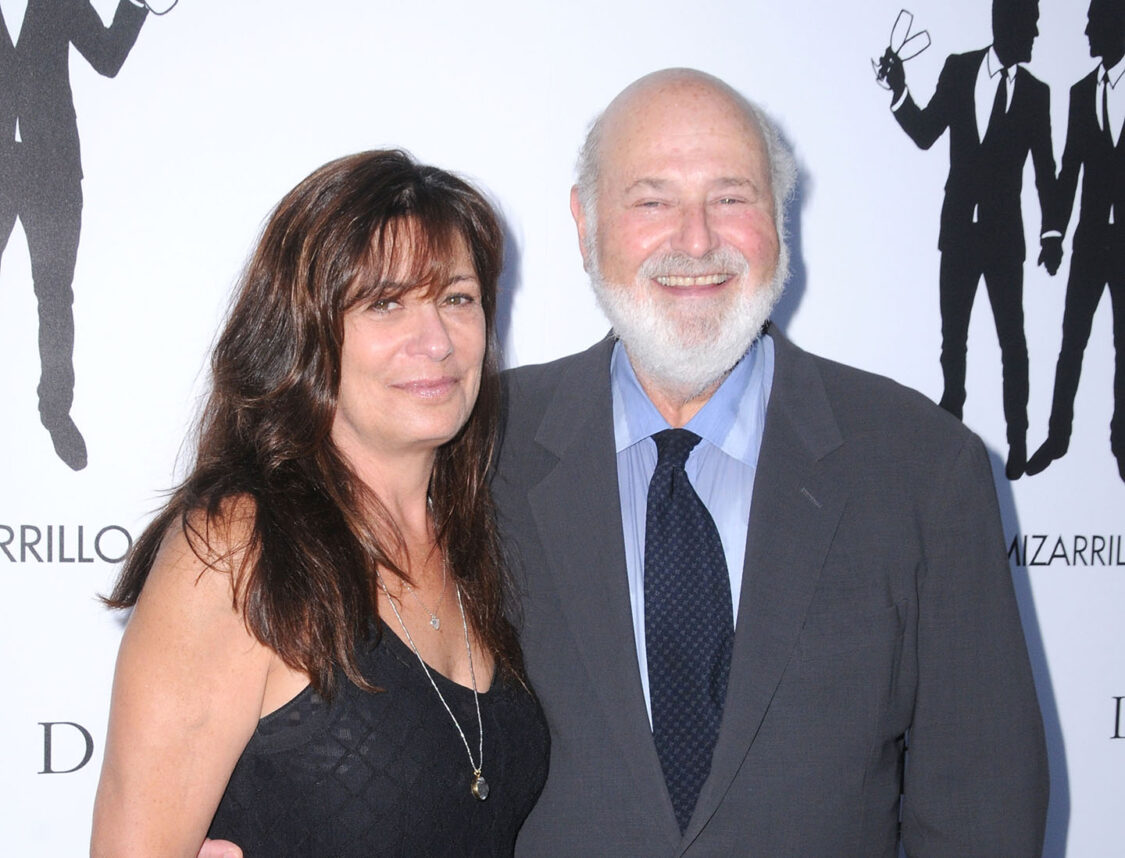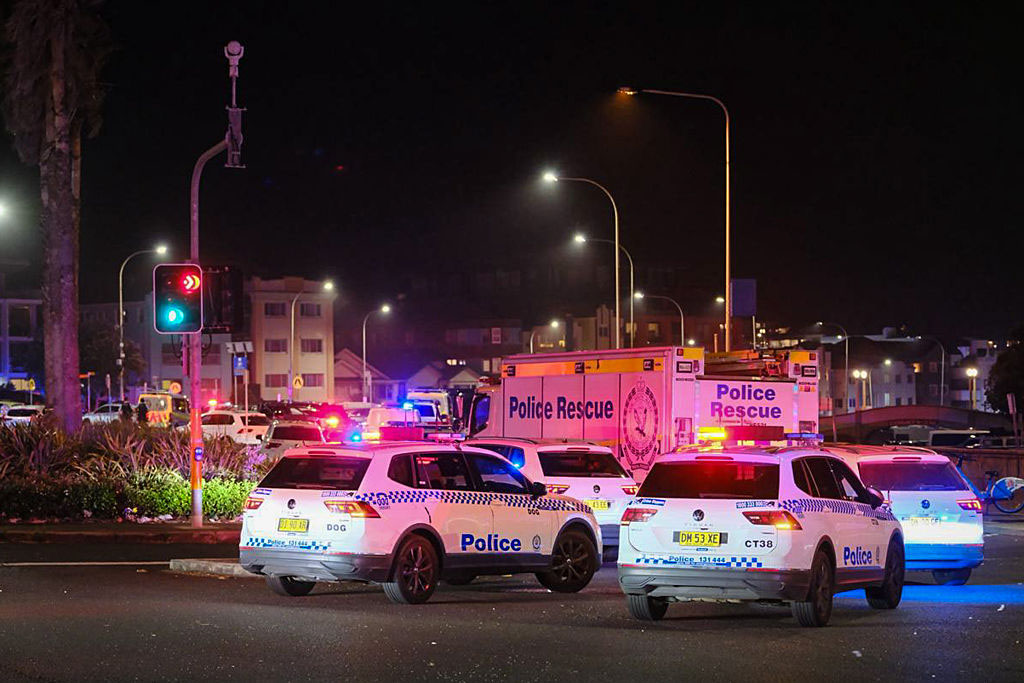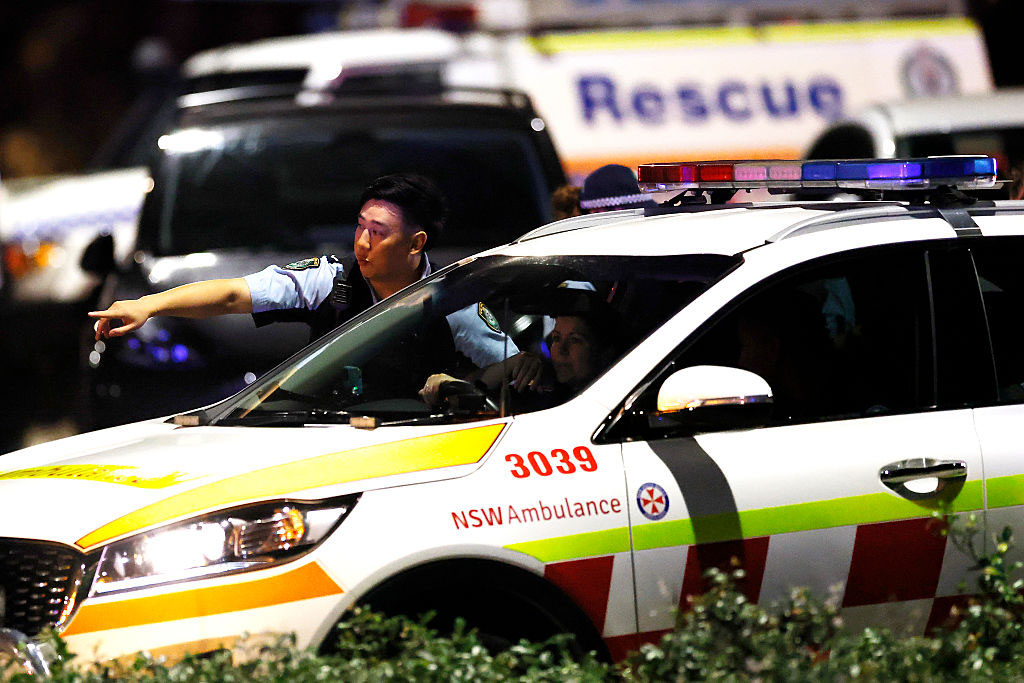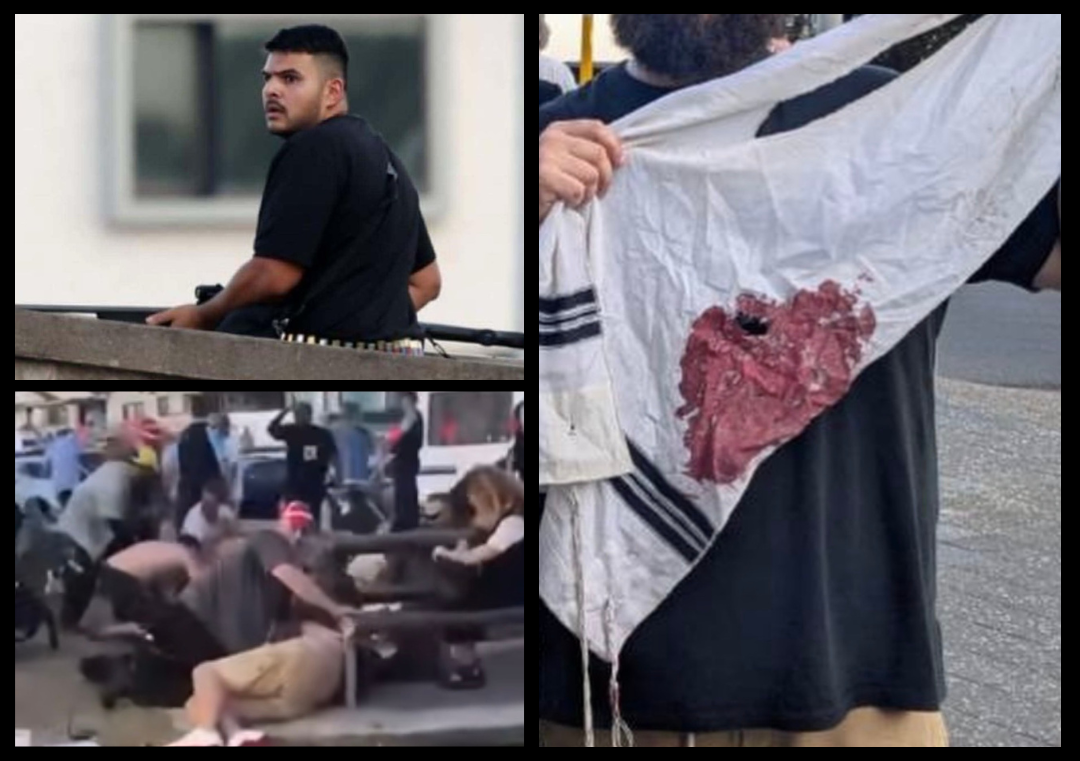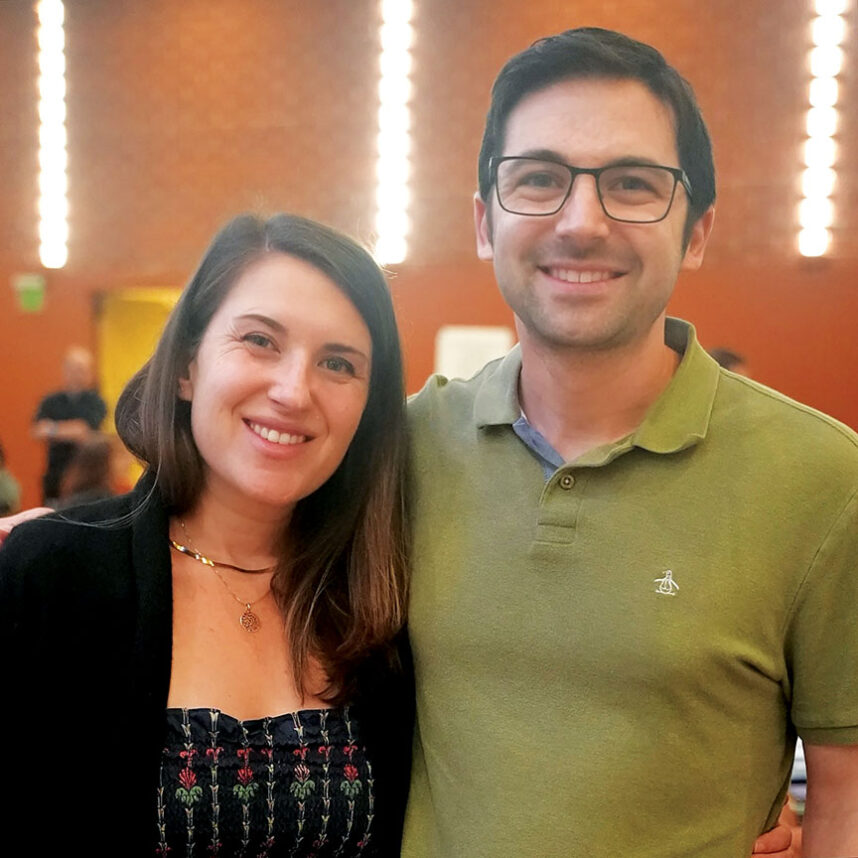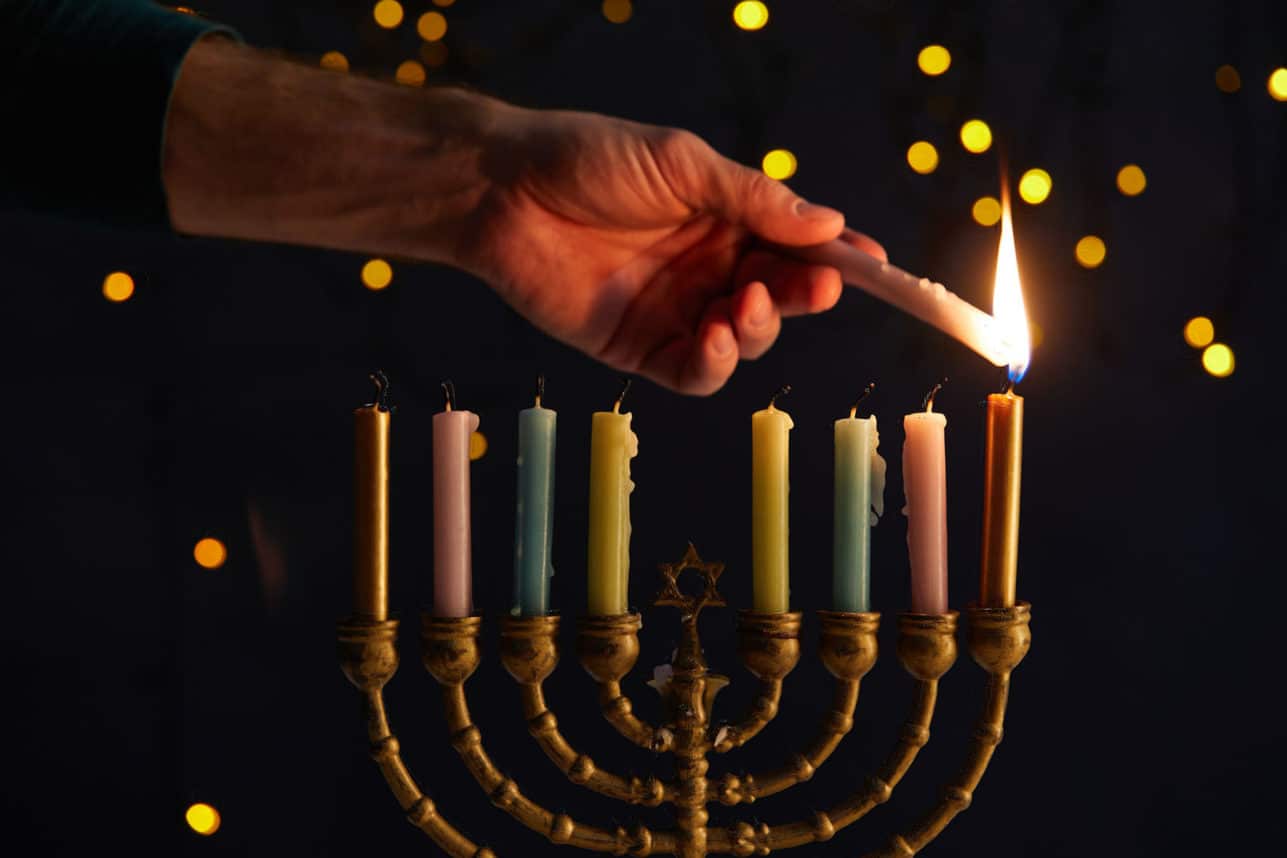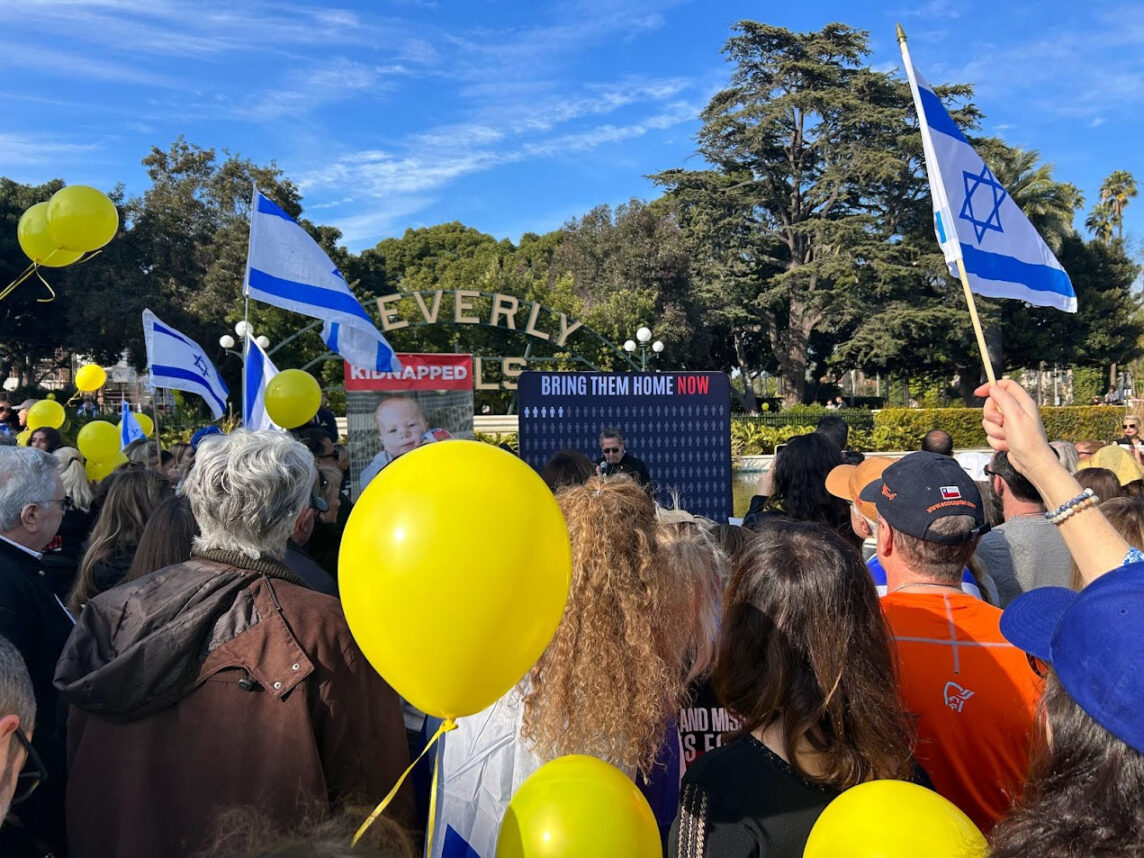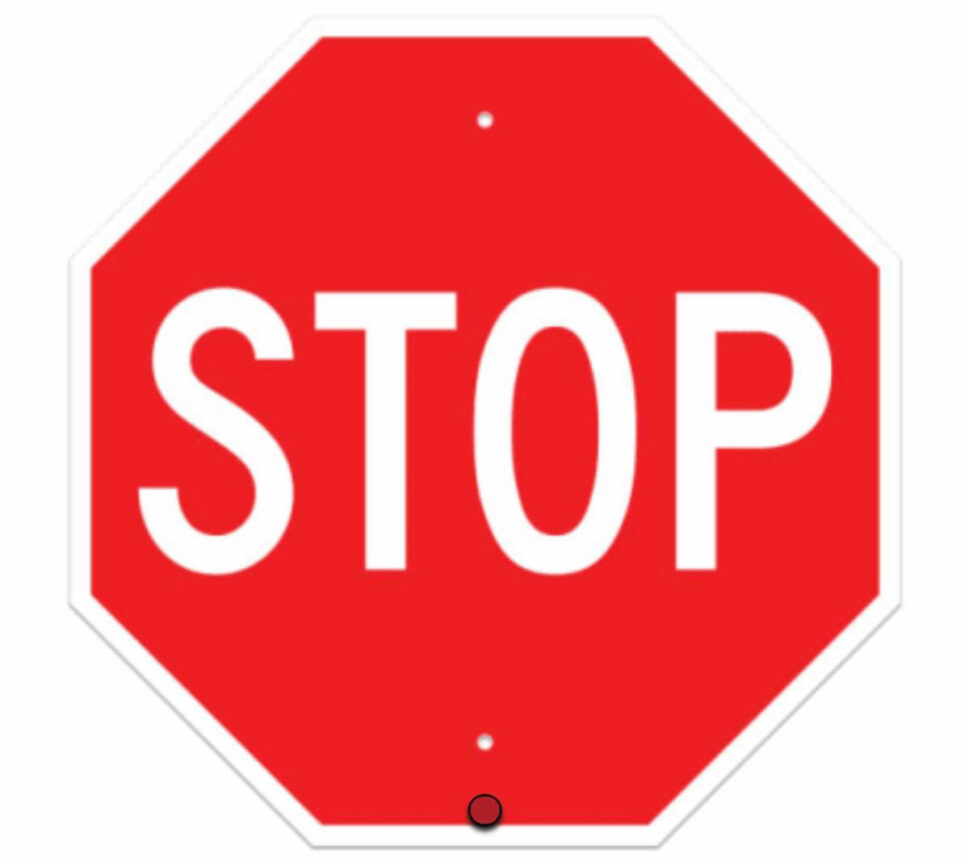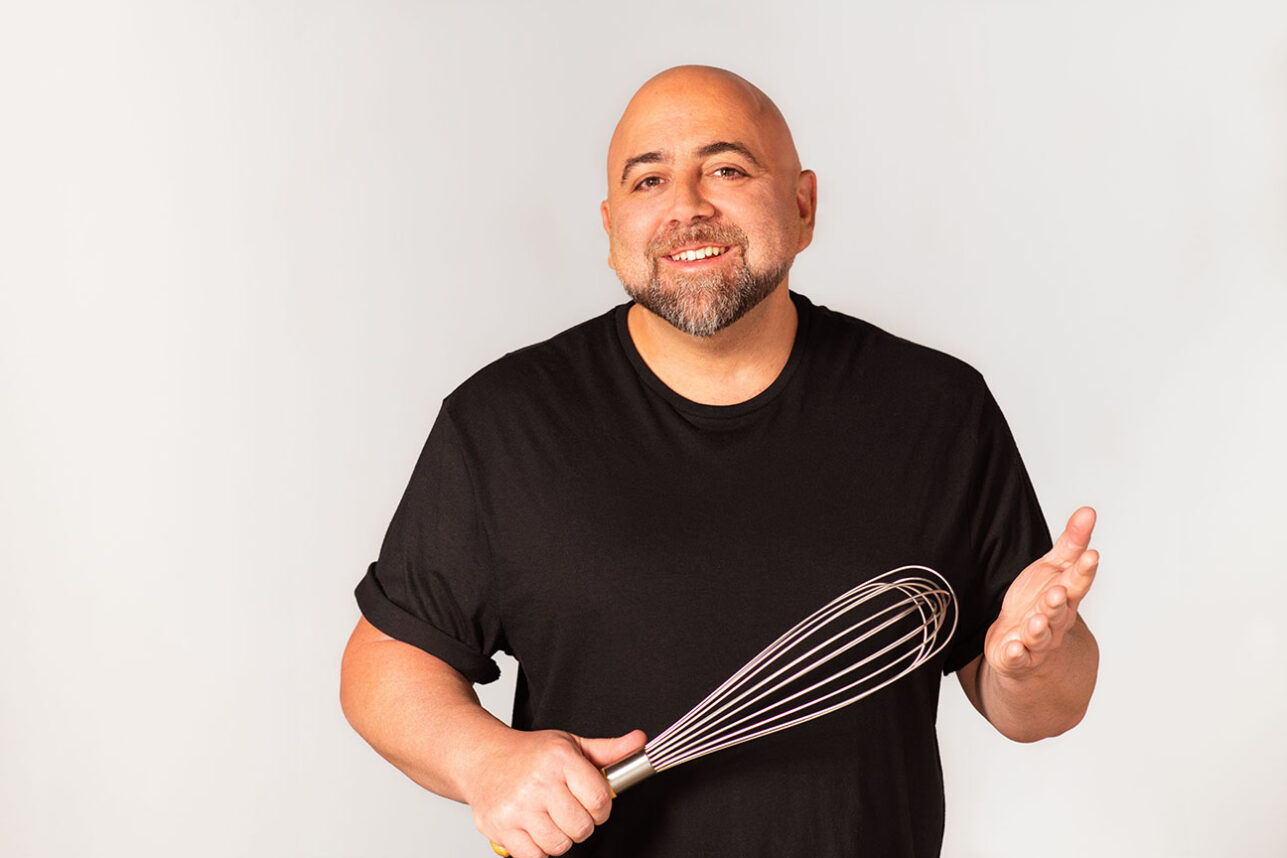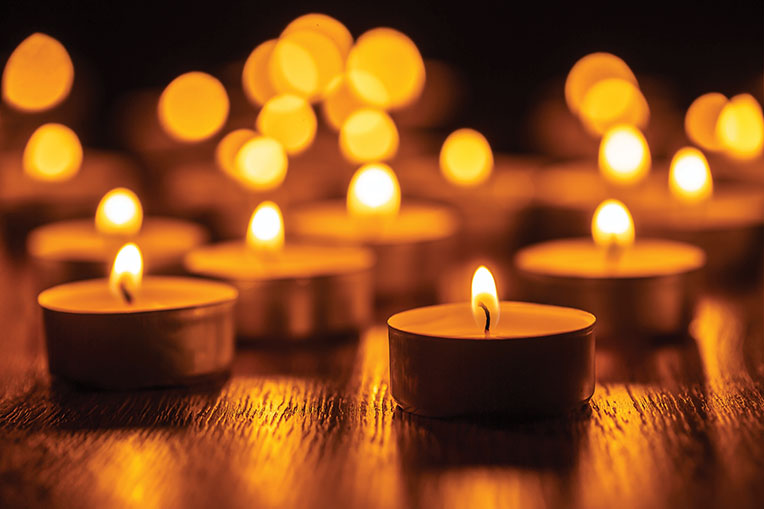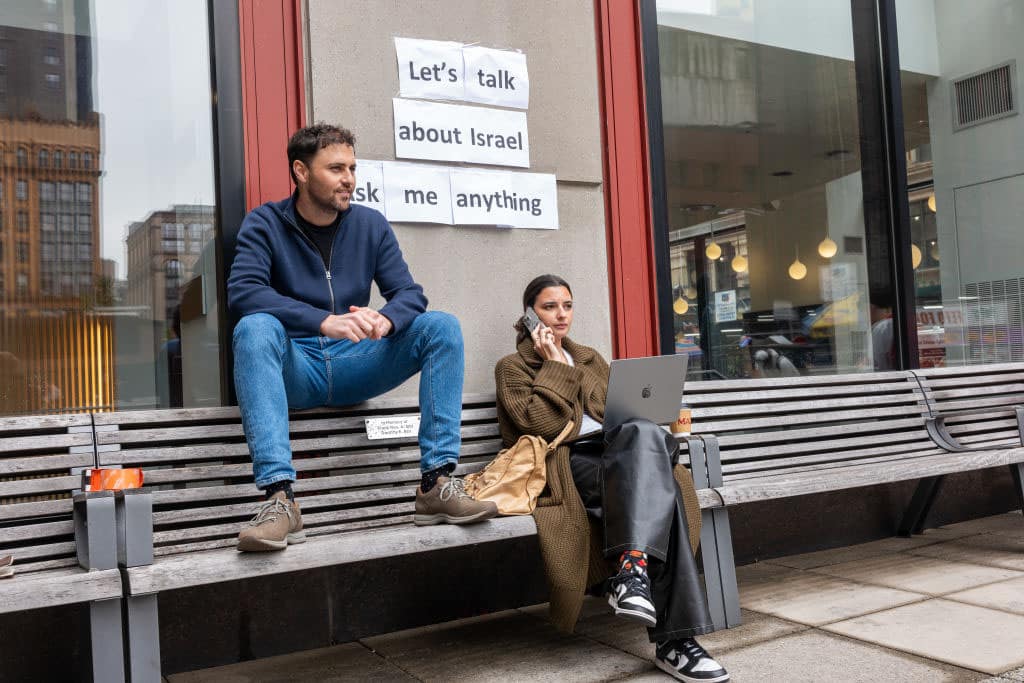
We’ve learned a lot over the last couple of months.
First we learned that neither Israel or the Jewish people are as safe as we thought we were. Then we learned that we didn’t have nearly as many friends as we thought we did. And now comes our latest lesson: We are not entitled to the same protections and support as other communities when they are under attack the way we have been.
Over the years, most of us who live in a heterogenous society have learned to respect the preferences and sensitivities of others. We avoid language that might cause offense, even if that was not our intention. We make an extra effort to avoid upsetting those in other underrepresented communities and go out of our way to demonstrate our respect for their customs, rituals and heritage. But when we hear threats like “from the river to the sea” or “globalize the intifada,” or when we hear Israel’s defenders accused of genocide, we now understand that Jews are not entitled to that same sort of consideration.
Imagine if a young woman were told that wolf whistles, catcalls and scatological references were not intended to be offensive, or if it were explained to a member of an underrepresented minority community that a racial slur carried a different meaning to the person who uttered it and therefore there was no reason to be upset by their use of a pejorative term. Such feeble rationalizations would be quickly rejected and those who offered them would face severe legal, social or cultural penalties. But those who call for the elimination of the state of Israel and the extermination of the Jewish people, and who pretend that their efforts at intimidation are merely appeals for Palestinian independence and empowerment, are excused.
For the woman who has been subjected to objectifying verbal harassment, for the member of an ethnic community who is the subject of demeaning stereotypes, the standard for offense is not the attacker’s supposed intent but rather the meaning that the target attaches to those repugnant words. If the misogynist were to defend himself by suggesting that he was merely expressing esthetic appreciation of a woman’s appearance or the bigot tried to justify his prejudice by feigning unawareness of the connotation of hateful language, we would not stand for it.
But those standards do not exist for Jews. That was painfully evident during last week’s now-infamous congressional hearing, in which the presidents of the nation’s most prominent universities attempted to explain why calls for genocide of Jews might be permitted on their campuses. One of them has since resigned and another has apologized. But their insensitive and legalistic answers betrayed their instinctual distinction between other victims of oppression on their campuses and the Jewish students who have been facing verbal and physical assault.
Similar to most contemporary hot-button cultural battles, the new realities are most apparent on college campuses. Most of us older Jews can isolate ourselves during difficult times, retreating into our neighborhoods, offices and favorite restaurants where the ugliness is kept at a safe distance. We see the news stories about protests and marches and violence, but we’re usually able to maintain our own safety by limiting our exposure to those who would wish us harm.
University officials who closely monitor microaggressions against other students are much less motivated to offer Jews similar protections against much more egregious conduct.
By contrast, Jewish and other pro-Israel college students are provided no such protection. Their campuses are petri dishes of discord and they have no choice but to be directly exposed to their critics’ threats and denigrations. They see and hear the ugliness at close range every day, and they know that the same university officials who closely monitor microaggressions against other students are much less motivated to offer them similar protections against much more egregious conduct.
Antisemitic double standards are pervasive, much more than we would have wanted to believe back on Oct. 6. The fight to confront and eliminate these practices will be long and difficult — but doable. And nowhere is this challenge more urgent than in our colleges and universities. The work must begin on campus – we owe our children that much.
Dan Schnur is the U.S. Politics Editor for the Jewish Journal. He teaches courses in politics, communications, and leadership at UC Berkeley, USC and Pepperdine. He hosts the monthly webinar “The Dan Schnur Political Report” for the Los Angeles World Affairs Council & Town Hall. Follow Dan’s work at www.danschnurpolitics.com.









